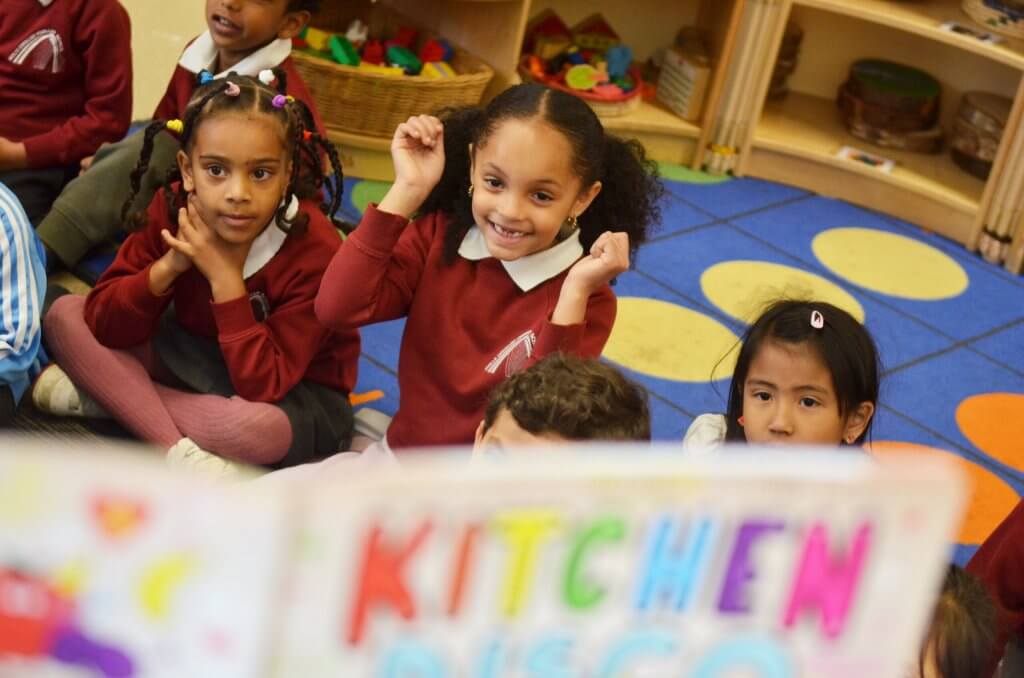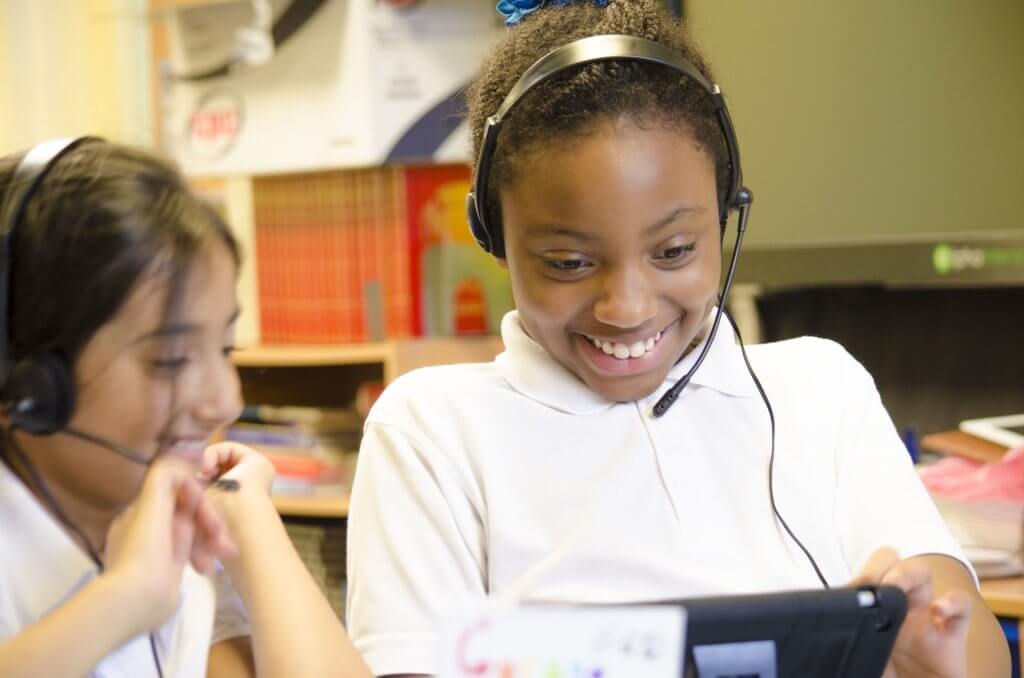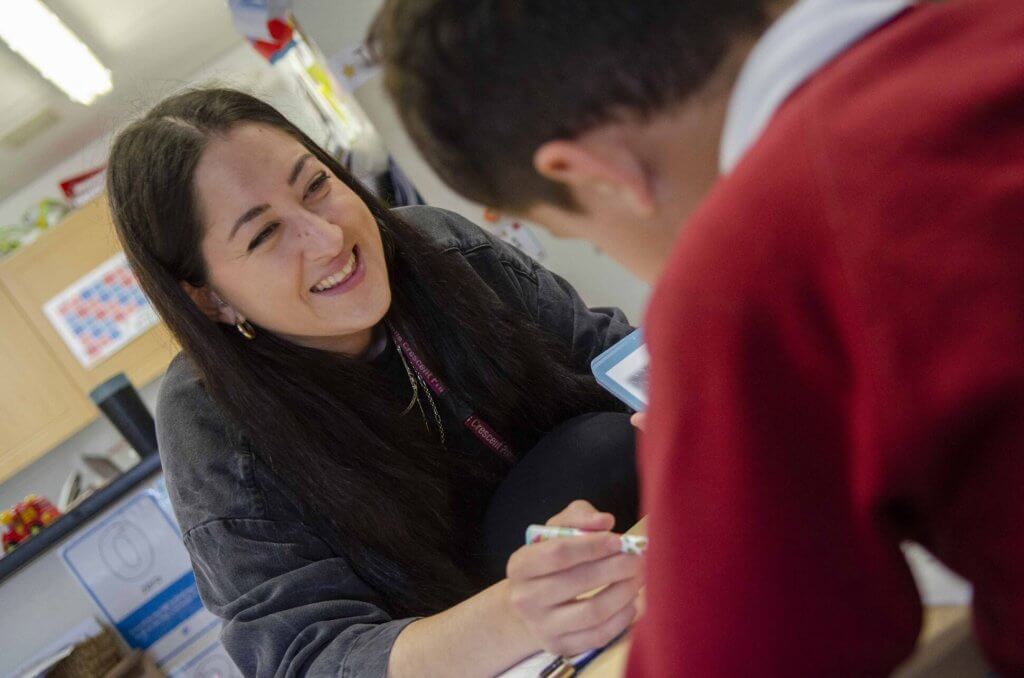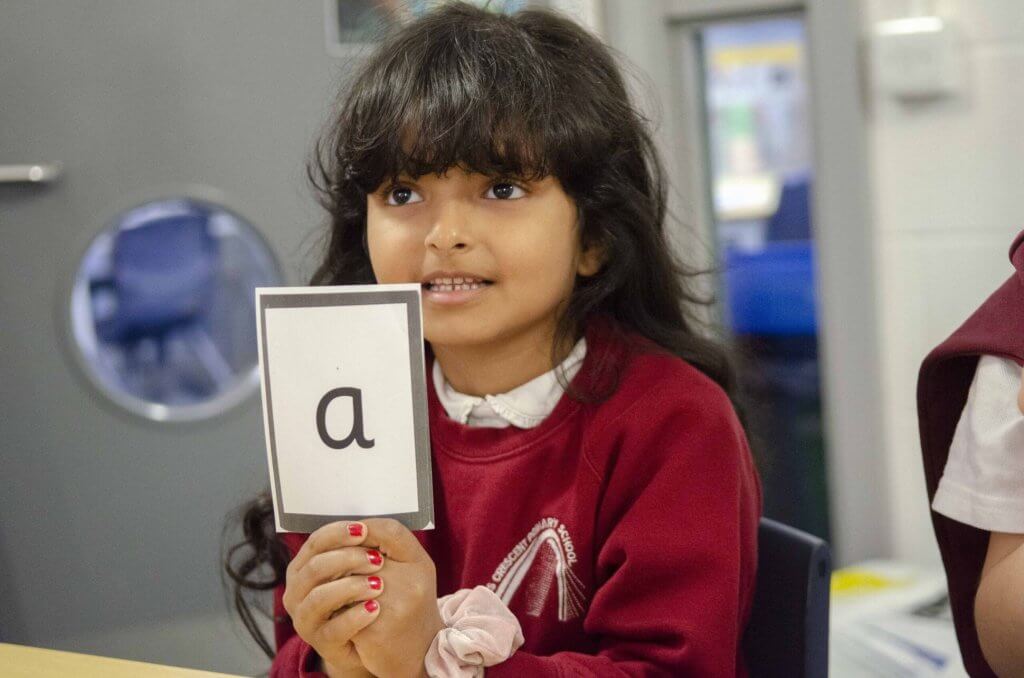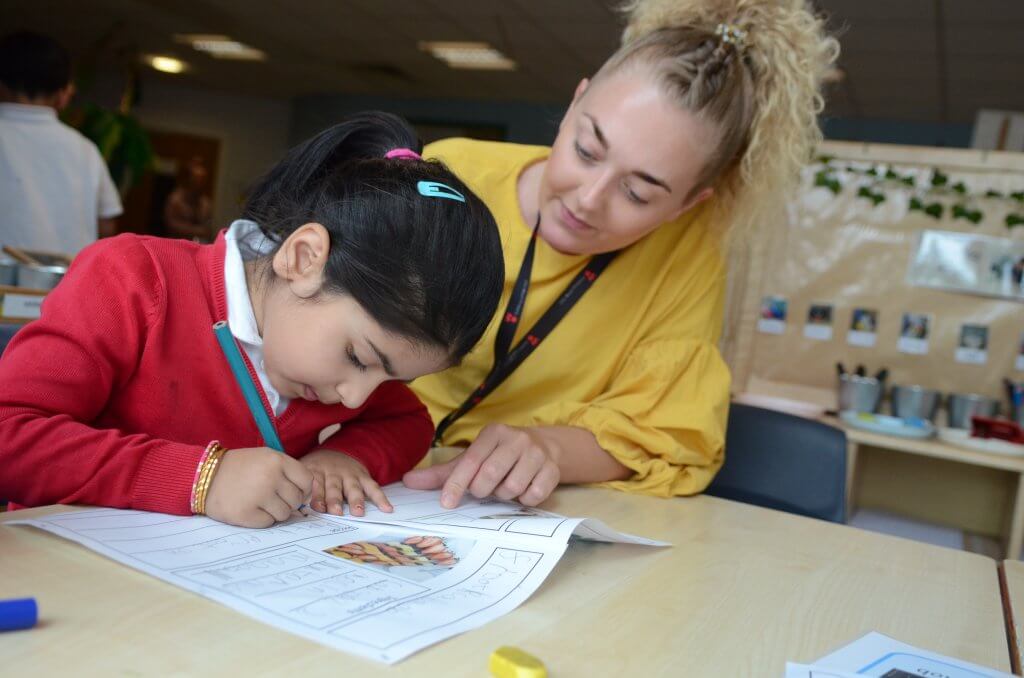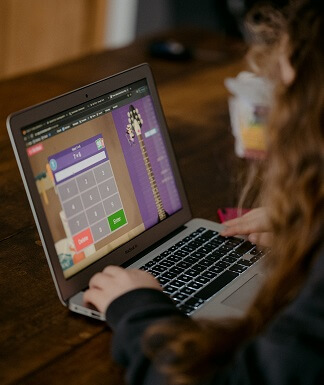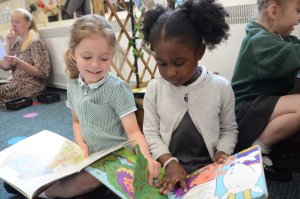This year, Safer Internet Day will be recognised in schools and colleges in a different way to other years, but never has it been more important to remind our children and young people of how to stay safe online.
This year’s theme for Safer Internet Day is ‘An internet we trust: exploring reliability in the online world’ and aims to help us think about separating fact from fiction when using the internet. The internet opens up a world of opportunities, exciting content and information that can all be accessed very easily but it is important that we do not trust everything we see on face value. Unfortunately, many of the social media sites that children and young people access on a regular basis can often be filled with ‘fake news’ or material that is not factually correct. So, this year, Safer Internet Day aims to raise the profile of challenging what we see, questioning the content and sourcing reliable information.
In 2019, the BBC’s Newsround team wrote an article which looks at how to spot fake news. It gives some top tips on how young people can avoid being caught out, by asking themselves: “Has the story been reported elsewhere? Is it on the radio, TV or newspapers? Have you heard of this organisation? Does the website look genuine? Does the photo look normal? Does it sound believable?”
These questions go a long way in empowering young people to challenge and explore the content that they see. As educators we frequently ask pupils to respectfully question and challenge information that they are given, sometimes this can even mean challenging the beliefs of their family or culture in which they have grown up in. Encouraging young people to source information reliably can range from questioning airbrushed photographs of celebrities to challenging radical and extremist views.
It is important to acknowledge that it isn’t just children who need to be reminded that not all content on the internet is factual. Many adults are often tripped up by believing information they read online, often from what seem reliable sources. The 27th January marked Holocaust Memorial Day and I often find myself thinking about how the propaganda used by the Nazis to disguise political aims and deceive the public was an evil and destructive example of fake news. Who knows what further devastation and loss of life may have occurred had the internet been available at that time? This is why now, as schools and colleges, we have an important role to play in asking pupils to challenge further the information they come across online.
The UK Safer Internet Centre have some fantastic resources for this year’s Safer Internet Day, ranging from Early Years and Foundation Stage up to post 16. There are lesson plans, virtual assembly plans, films, activities and quizzes, all of which focus on the topic of reliability in the online world. You could even invent your own ‘fact or fiction’ quiz based on staff or events within your setting, to engage your pupils further. There is information on the site that can be shared with parents or carers on supporting online safety with children and young people. However, you intend to mark Safer Internet Day, I hope you and your pupils enjoy the opportunity to think about fact vs fiction and see it as a chance to reflect on all you do as educators, to keep your pupils safe online. This blog was written for you by HRH The Queen… or was it?
References:

